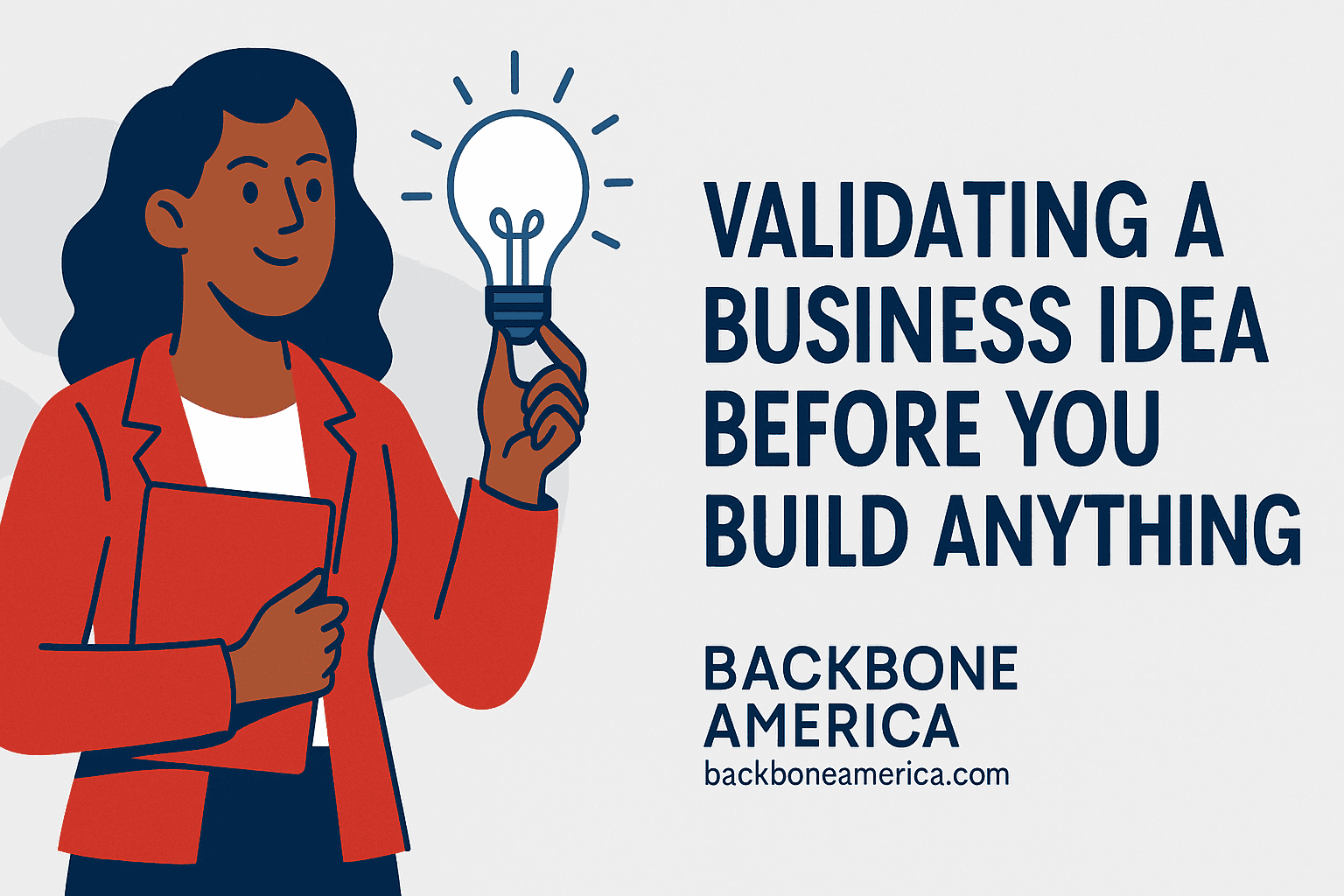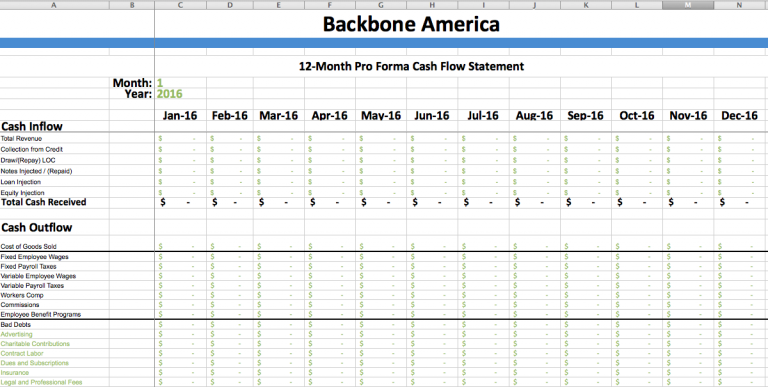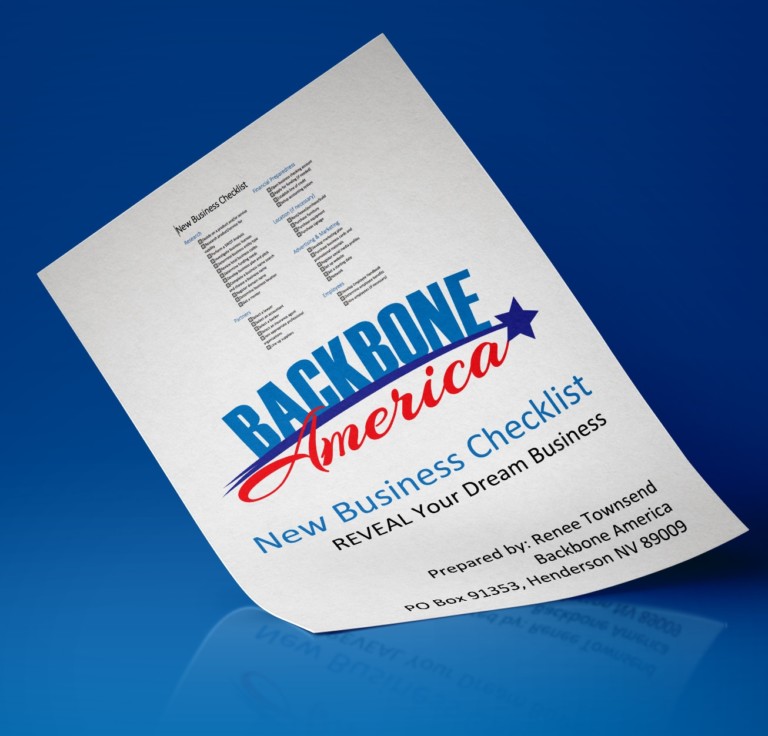Startup Saturdays
If you’ve been Googling “small business course,” you’re not alone. Thousands of people every day are trying to figure out how to start a business the smart way—without wasting time, money, or energy on programs that overpromise and underdeliver.
Here’s the problem: not all small business courses are created equal. Some are just recycled YouTube content with a fancy login. Others dump loads of information on you without any real structure, leaving you more confused than when you started. And then there are the ones that sell “freedom” but don’t tell you the real cost of building a sustainable business.
I’ve seen all of this firsthand—not just as an entrepreneur, but as someone who spent years working as a small business advisor. I’ve had the privilege of helping people launch everything from daycares to food trucks to comic book stores. And if I’ve learned anything, it’s this: the best course isn’t the flashiest—it’s the one that fits where you are right now.
The Myth of the “Perfect” Small Business Course

What actually helps me isn’t an endless stream of information or a rigid 8-week plan. I need clarity, actionable tasks, and a steady timeline to stay engaged. When those elements are missing, it’s easy to lose motivation—even if the content is solid.
That’s why I approach course selection differently now, and why I guide my own clients to look past the hype. The right course isn’t the one with the most modules or the highest price tag. It’s the one that supports the way you move through uncertainty and decision-making.
What Makes a Course Actually Worth It?
Here’s what I tell clients when they’re trying to figure out if a small business course is the real deal or just clever marketing:
1. It starts with action, not overwhelm.
A good course doesn’t drown you in theory. It gives you a roadmap—and the tools to walk it. It helps you take action in a way that feels doable, not overwhelming.
The best ones break things down into manageable steps, build in a clear timeline, and create momentum with every lesson. They don’t just say, “build your brand” and leave you to figure it out. They show you how—with structure that respects your time and energy.
And look, I’ve written those “7 steps to…” blog posts too. They absolutely have value. They get people moving and offer a place to start. But they’re not meant to carry someone through the entire business-building process. They leave plenty of blanks to fill in.
A strong course fills those gaps. It doesn’t just inspire—it equips. It guides, challenges, and supports you through the messy middle so you don’t stall when things get real.
2. It includes accountability—some kind.

That’s why the 31-Day Business Startup Challenge includes automated check-in emails designed to keep you moving. At key milestones—like after naming your business or finalizing your offer—you’ll get short, timely messages asking where you are, what’s working, and what’s stuck. It’s a simple system, but it makes a real difference.
Eventually, I plan to layer in live support and a community space. But for now, those check-ins create a gentle sense of progress, even when you’re working solo. Because absorbing information doesn’t build a business. Acting on it does.
3. It focuses on your business model, not theirs.
Beware of any course that makes it sound like there’s only one right way to build a business. Whether it’s affiliate marketing, digital products, e-commerce, or coaching—a good course helps you make decisions, not make them for you.
Your life, your values, your skill set—they all matter. The best support doesn’t push you toward someone else’s shortcut. It helps you build a business that fits you.
That’s how I approach every offer I create. Even though the 31-Day Business Startup Challenge delivers the same framework to everyone, it’s intentionally flexible. The structure is there to guide you—but it’s not rigid. You’re not boxed in. You’re encouraged to adapt, mold, and adjust based on your situation.
Because business isn’t one-size-fits-all. And I don’t believe our solutions should be either.
Most Likely to Excel in a Small Business Course
Remember those high school superlatives—“Most Likely to Succeed,” “Most Creative”? Think of this as the entrepreneurial version: “Most Likely to Excel in a Small Business Course.” It’s not about exclusivity; it’s about recognizing who might find this learning style most effective.
Reflect on your learning preferences:
Do you value flexibility? If you prefer setting your own schedule and pacing, self-paced courses can be ideal.
Are you self-motivated? Success in these courses often depends on your ability to stay on track without constant oversight.
Do you appreciate structured guidance? While self-paced, the best courses offer checkpoints and feedback to keep you aligned with your goals.
Can you adapt content to your needs? The ability to tailor lessons to your specific business context enhances the learning experience.
Research from Walden University highlights that independent workers, deliberate thinkers, and those comfortable with technology often thrive in online learning environments.
So if you’re the kind of person who likes space to think, values guided direction without micro-management, and wants a system that fits into your life—not overtakes it—you just might be “Most Likely to Excel” in this kind of course.
If This Sounds Like You…

The challenge was designed for people who want to build something meaningful—but don’t want to trade one 40-hour job for another. Each day’s task is structured to take 30–60 minutes, so you can make consistent progress without burnout. The content is adaptable, not rigid or one-size-fits-all. And the support behind the scenes is always evolving to meet the real needs of new entrepreneurs.
It was built for those who want more than ideas—they want a clear path forward. That’s why it includes:
A step-by-step process
A way to build momentum (and confidence)
Clear assignments you can take action on
A structure to help you think, decide, and launch
It’s not for everyone. And honestly? That’s the point. It’s not generic—it’s focused. And it’s helps entrepreneurs move from “maybe one day” to “I’m in business now.”
Final Thought on Finding a Small Business Course
If you’re looking for a small business course, you’re probably serious about getting started.
That’s why it matters so much to choose one that’s built for action, not just absorption. You don’t need to buy a library of ideas. You need a structure that helps you move.
Whether that’s with Backbone America or something else that truly meets your needs, make sure it’s something that helps you build—not just dream.





